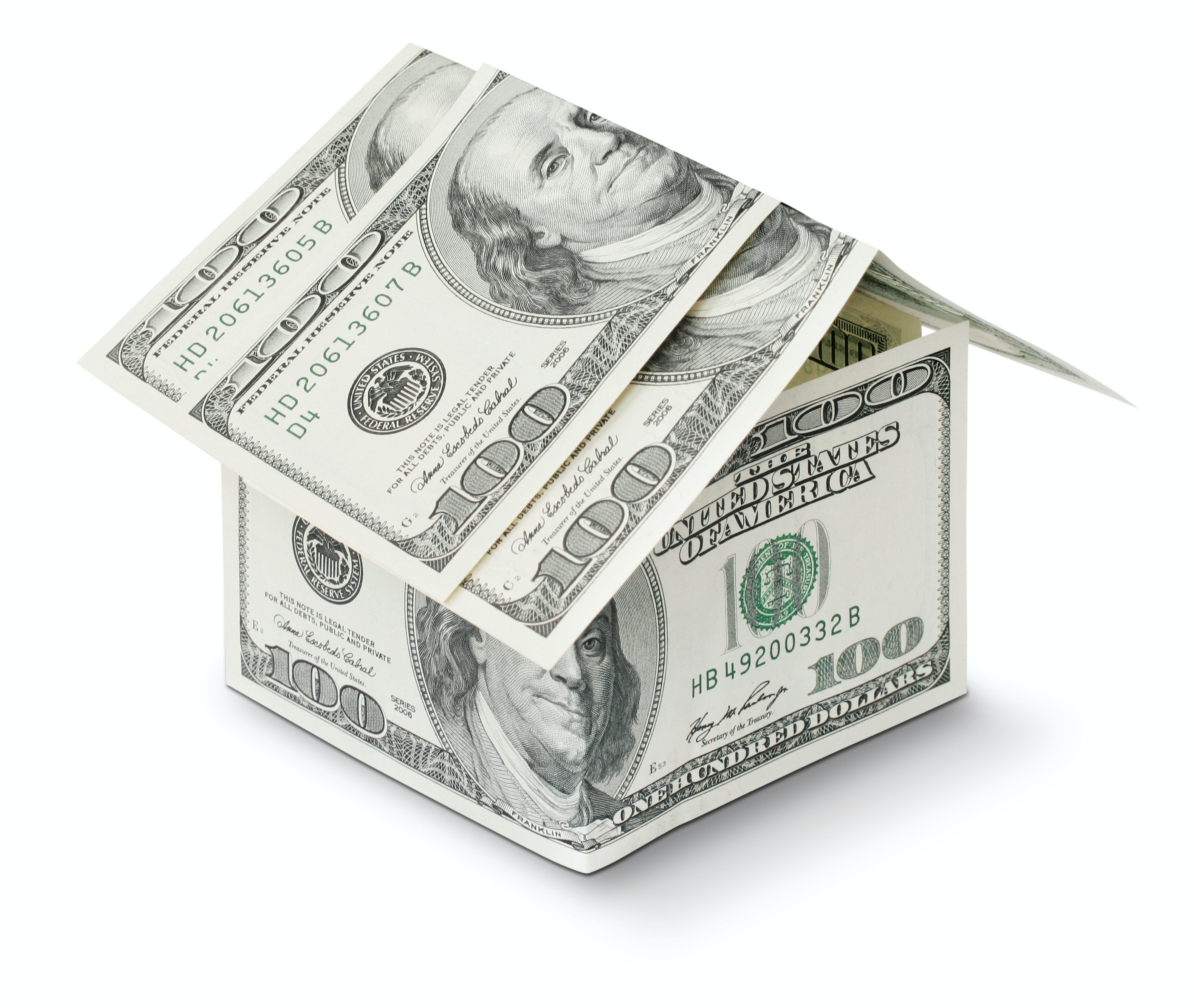Introduction
Owning and managing real estate provides numerous reliable benefits. From being an excellent source of passive income to having phenomenal rates of appreciation, real estate investments have continued to prove their integral value to investors of this day and age. Though these byproducts of property investment may seem very compelling, there is another critical reason why you should invest in property now: safety. Unlike many stocks and other forms of investment, real estate has next to no risk. A long-term housing investment could offer enough growth to eventually change your life.
Appreciation
But how can this be? Property as a whole doesn’t have an inherent increasing value, right? Not quite. The human population has increased dramatically over the last century as we have recently hit a total population of eight billion people. Unfortunately, the landmass on Earth does not fluctuate along with this number, meaning as more people exist, the value of each square meter of land will also increase. This concept can directly reflect on property value, where according to the U.S. Bureau of Labor Sciences, housing prices since 1990 in the United States are 129.34% higher in just over 30 years. The initial investment made was more than doubled with no other interactions besides the initial purchase. Housing price inflation has displayed consistent, significant growth across the century (irrespective of the dip from 2010 to 2011), with staggers in the early 1960s and 70s as well as a more subtle spike this year. The graph above displays the inflation percentage (y-axis) per year (x-axis), where an increase is marked in purple and a decrease is marked in orange.
Simulated Output
Since 1990, there has been an average increase of 2.63% per year, which shows no signs of decreasing. If we assume this 2.63% average increase retains itself over the near future, a $1,000,000 property purchased today would already be worth $1,680,686 in just 20 years. If we assume this average increases to around 3.35% and fluctuates within 1% of this, the property will likely almost double in value. Just using a simple compounded interest formula, we can already observe from both simulated (Investors.gov) and real government data how relevant appreciation is to real estate. Along with natural appreciation, remodeling a house would also increase the price. As houses are renovated to become more practical and modern, the value of that house will in turn shoot up. All in all, by making a few changes and allowing the current levels of appreciation act, your property will flourish. Real estate continues to prove accountable for growth over longer periods, making it an increasingly desirable stake.
Diversity
Along with time-based appreciation, real estate also reflects simple yet diverse options, providing several levels of constant cash flow options. Contrary to the popular strategy of single house or single lot purchases relying on appreciation, many real estate owners choose to use renting strategies to accumulate a more regular source of income. In the United States, after taxes and other property expenses – usually totaling 45% of total revenue – property owners will receive an ROI (return on investment) of around 8.6%. The graph below illustrates this concept. This is an average of 10% across almost all property types in the United States. This 8.6% profit is spread throughout monthly payments, where estate managers can choose to develop cash flows from several units at once.

Apartment Model
This business model can be scaled above and below the single-home scenario. Higher profile investors often choose to invest in whole apartment complexes and communities to target a larger number of people rather than single-family individual properties. There are countless investment firms and multi-million dollar companies who have taken this approach and currently own tens of thousands of apartment units today. Although the initial purchase of these countless buildings may seem to outweigh the future investment, more often than not companies will receive double what they paid initially after just a few years.
Vacation Rentals
A smaller scale of this venture can be found using services such as Airbnb and VRBO; a unique take on the rental model. This method appeals to owners with properties in greater vacation locations rather than the lesser American suburbs and urban jungles where most rental homes are located. Although the vacation rental model is less reliable, it serves as a simple hustle many middle-class investors take up. Being very versatile in its craft, renting out real estate is simple yet effective to create another flow of regular income.
Location
Despite the expectation of high-profit margins, there is always the possibility that property purchases will not satisfy the initial projections. This is highly dependent on the location of the property, which can either become an integral advantage or a failure for an investor. Real estate investors focus on items that will eventually correlate to price increases: employment demand, population growth, interest and mortgage (bank loan) rates, and current inventory (homes for sale). New, developing communities on the outskirts of urban areas will often be a very ideal area to invest in property, whereas areas that do not traffic many workers (rural, less populated) suffer from this. Below, data proves the good side of this spectrum, wherein a thirty-year period this location developed significantly. Let’s explore why this happens.
The Good…
A good example of this is in the California Bay Area, where data taken from Compass Real Estate displays the sharp increase in Bay Area house prices over the last thirty years. The California Bay Area is an excellent example of this because of the services located within the area. Silicon Valley is home to the largest tech companies in the world and several high-profile universities; the high inflow of people creates strong inflation in housing prices. The Bay Area has historically high housing prices, being much higher than the rest of California, let alone the rest of the country. In just thirty years, the housing price experienced a jump of around 238% of its initial value from 1990 (excluding the rise during the COVID-19 Pandemic). Although this presents itself as a great opportunity, the Bay Area example is unfortunately one of the very few locations as ideal as this.
…And The Bad
Most major cities in the United States do not flourish in the growth necessary for a good investment. New York City only proves this. With a population growth of a staggeringly low 0.5% and an unemployment rate of 6.2%, it is one of the worst property investment locations in the country. This is heavily due to overpopulation; because there is no space to continue expansion and development, New York City loses its value in the future. The Bay Area in California does not have this issue, where construction further inward of the coastal silicon valley continues production in cities such as Pleasonton, Dublin, and Livermore. The graph above, taken from Redfin Real Estate, exhibits the price of homes in Pleasanton across the last five years. In a period of barely over five years house prices in Pleasanton have increased by around 100% of their original value – a very remarkable feat. This only goes to show how valuable a good location can be for real estate. Compare this to that of New York City: a price increase of barely 50% in the same time frame. This only further demonstrates exactly how influential location is in choosing where to invest in real estate.
Cost Reductions
Along with the appreciation, versatility, and other benefits listed above, property owners can also look to profit from real estate tax deductions and equity. But how can I get a discount on my tax? Where can I receive this extra cash?
Tax Deduction
By writing a file to the IRS, many homeowners have waived their property tax and saved a large portion of their money. Owning properties such as a primary home, vacation home, land, vehicles, or boats, can save up to $10,000 if eligible. This can only be done by choosing to make your taxes itemized, where the IRS can decrease your taxable income but at the same time allow you to save more by negating your property tax. Marital status also influences the amount of money deducted because of policies regarding the maximum amount of money chargeable within a family home. From a mortgage deduction of $12,000, around $3,000 can be saved from a real estate property tax deduction. Ultimately, the effectiveness of a standard deduction and a $12,000 mortgage deduction depends on the “taxpayer status” mentioned earlier, but both serve as a very effective method to save money on property tax.
Equity
Along with tax deductions, real estate owners can also save money from a financial process called equity. In simple terms, equity is the difference between what you owe in a mortgage and the current value of your home. Equity can be used as an investment for future renovations and changes to the property, such as remodeling or building another room for the house. For example, if you owe $150,000 on your mortgage and your home is worth $400,000, you will have $250,000 in equity. If the value of your home increases or you pay off your mortgage, your equity will then increase proportionally; and vice versa. Building up high equity can be good insurance for an emergency, an extra source of funds for renovations or moving houses, and generally a very optimal method to save money on property expenses. According to FRED Economic Data and the Board of Governors of the Federal Reserve System, American household owners have accumulated almost $28,000,000,000 in equity (above), further proving its prominence in the real estate world. It is important to develop healthy equity and practice itemization in tax deduction to ensure that you are effectively saving your money for the future.
Closure
As the world transitions into more modern investment methods, real estate has retained its historical value and prominence in the market. Millions of investors have capitalized on real estate to expand their ventures beyond the stock market. Through appreciation, long-term investment, diverse options, and effective tax management, moguls of the world have completely transformed their wealth through the proper utilization of property. You should do your own research and due diligence, but real estate could be a good investment.







